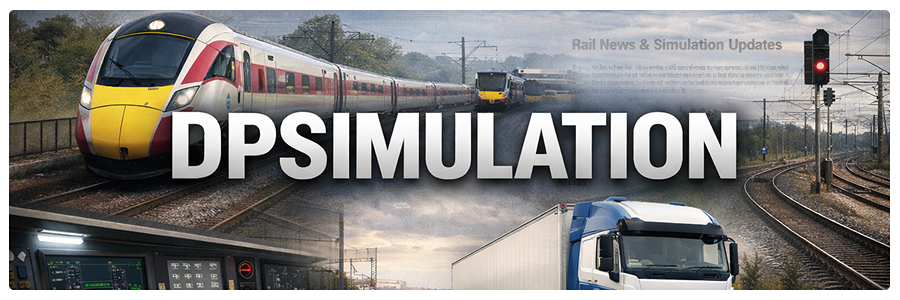British Transport Police to Trial Live Facial Recognition at London Stations

British Transport Police (BTP) is set to trial Live Facial Recognition (LFR) technology at selected railway stations in London, with the pilot programme scheduled to run for six months. The initiative aims to assess the effectiveness of LFR on the rail network, its impact on public safety, and how the travelling public responds to the technology.
The deployments will be intelligence-led, focusing on locations identified as crime hotspots where high-harm offenders are more likely to pass through. BTP has stressed that the trial is not connected to the recent major incident at Huntingdon. The force has also pledged to inform the public in advance of each deployment through online updates and social media announcements.
LFR technology, already familiar from roadside deployments by other forces such as the Metropolitan Police and South Wales Police, works by capturing live footage of people passing through designated areas and comparing faces against an intelligence-led database of wanted offenders. If a match is detected, an alert is generated for officers, who then review the situation and decide whether further checks or an arrest are necessary.
Chief Superintendent Chris Casey, overseeing the project, said:
“As the police force responsible for protecting the railways in England, Scotland and Wales, we take our commitment to keeping the travelling public safe incredibly seriously. We want them to know that as well as actively patrolling and investigating, we’re investing in technology that is going to make them safer too. We’ve seen great results from our policing partners when deploying LFR, and we’re confident that our use of the technology will enable us to achieve similar results. I can assure anyone concerned about their privacy that we’re absolutely committed to using LFR ethically and in line with privacy safeguards. Deployments will comply with all relevant legal and regulatory standards, and oversight will include internal governance and external engagement with ethics and independent advisory groups. When the pilot is complete, we’ll conduct a full assessment to review outcomes, identify lessons learned, and inform future planning. I encourage anyone who encounters our use of LFR when the trial begins to engage with us so we can make sure that we’re using it in the best way and helping to make our railways as safe as possible.”
BTP has emphasised that the trial will operate under strict privacy safeguards. People who prefer not to pass through the recognition zones will have alternative routes, and any footage of individuals not on the authorised database will be deleted immediately. Highly visible signage and QR codes will be available at stations to provide information and gather public feedback.
The pilot reflects BTP’s wider commitment to adopting innovative technologies to identify and apprehend individuals wanted for serious criminal offences, while ensuring compliance with legal, ethical and regulatory standards.
Image: British Transport Police

